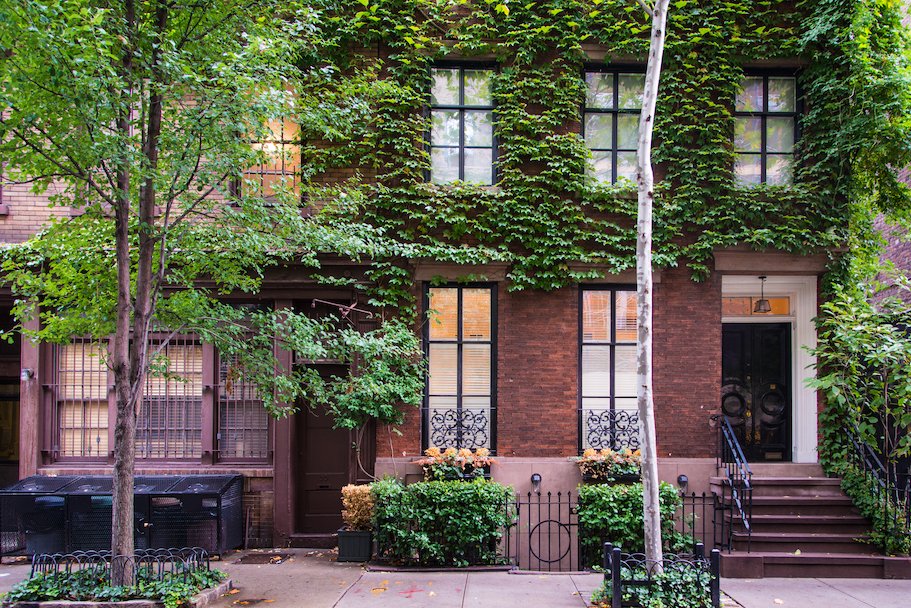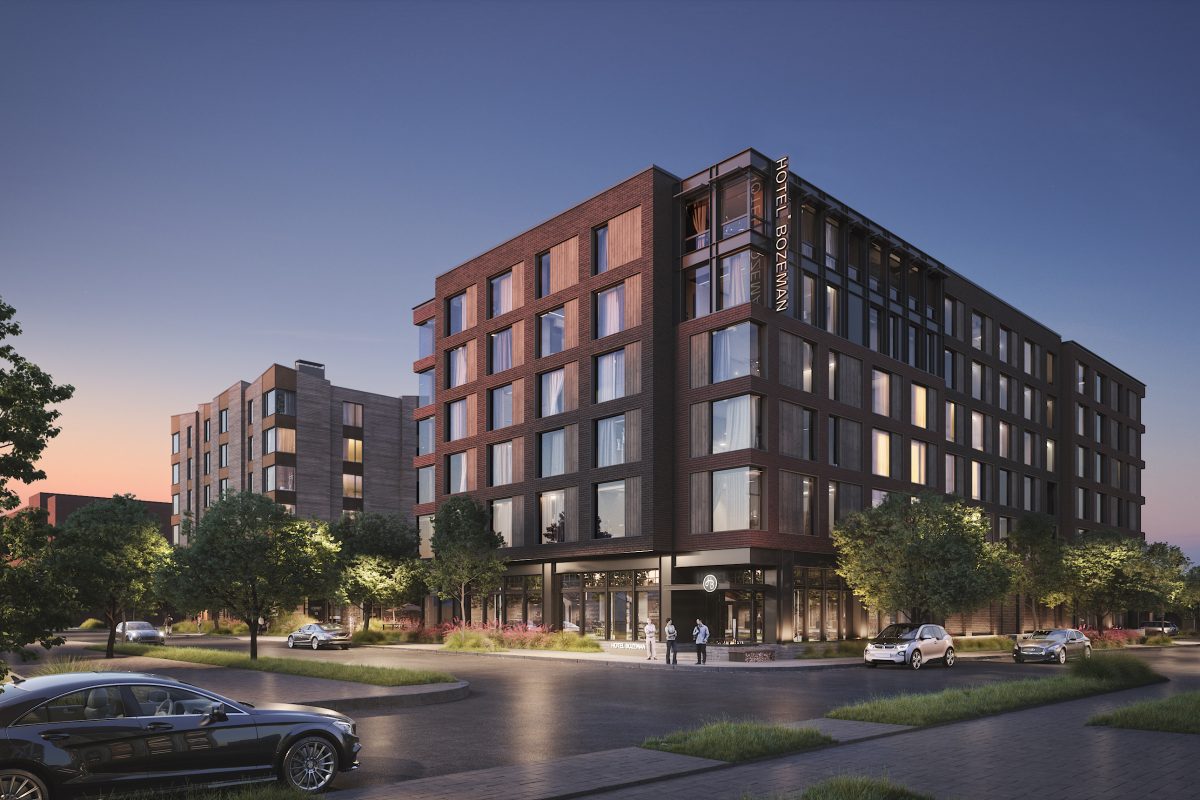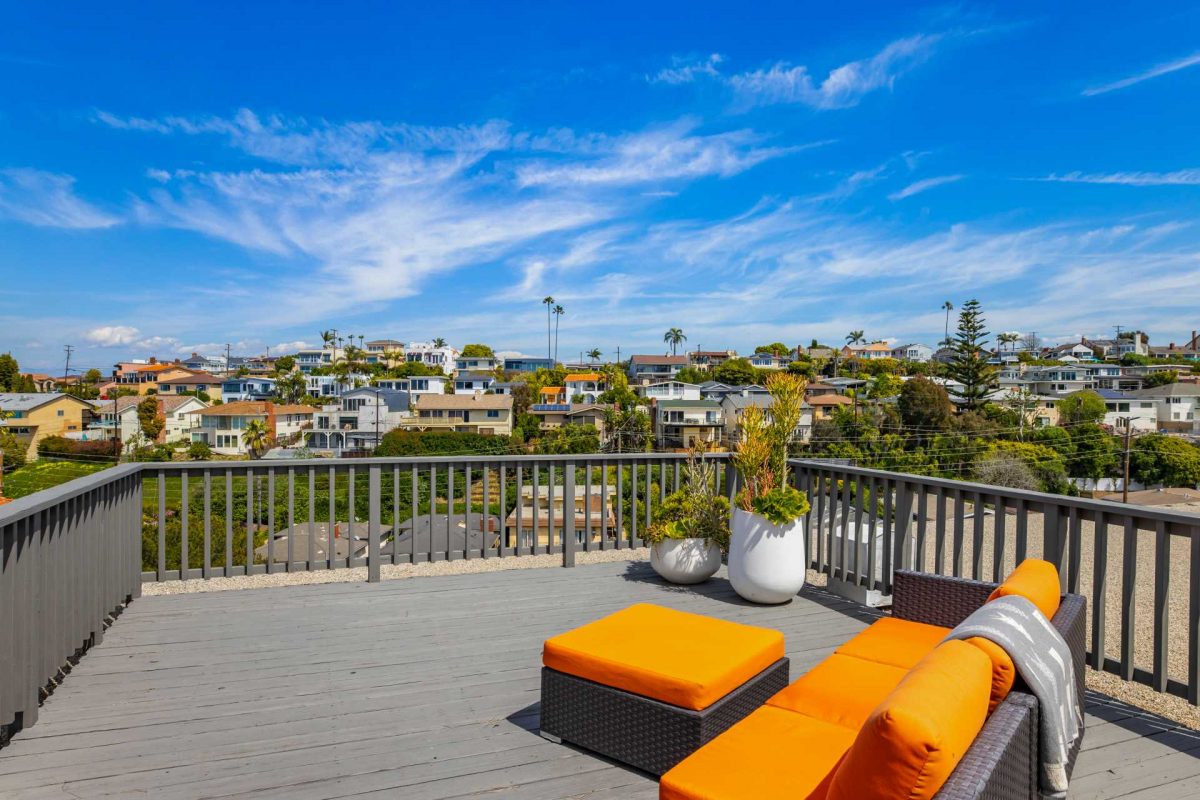After working with an agent to find your dream apartment, culling together the necessary documents for your application, and providing the paperwork to the board of directors, you’ve finally made it to the last step in your co-op home buying process: your board interview.
Being invited to a board interview is a good sign. The interview is the board’s opportunity to meet you and ask specific questions about your application. The style of the interview can range from an informal gathering of board members in an apartment to a formal boardroom interview with you in the hot seat. While there are no hard and fast rules, a short, cordial interview with few questions is often the best co-op board interview. Prepare in advance by reading our guide on how to pass your co-op board interview.
How to Prepare for Your Co-Op Board Interview
Dress up and be prompt: Just like you would for a job interview, it’s important to arrive on time and dress the part. A good rule of thumb regarding your attire is to dress business casual and avoid flaunting brand name logos or excessive jewelry. If the interview is taking place on Zoom, ensure your background looks neat and tidy.
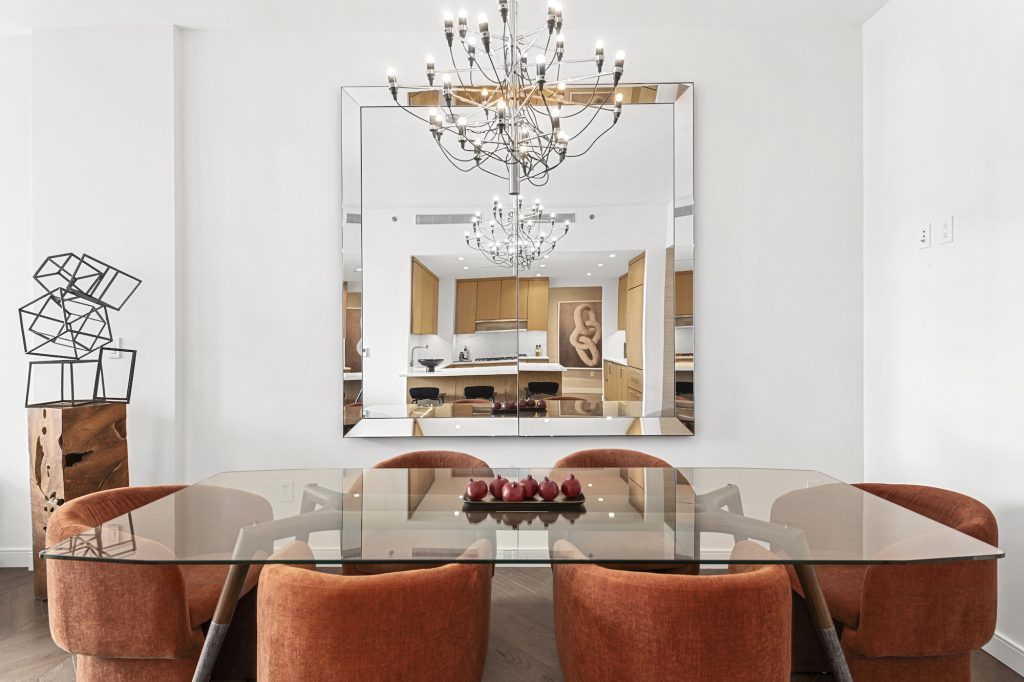
Know your application and prepare statements: You should be able to quickly and concisely answer any questions asked regarding your application, preferably without having to look at it. At the interview, you will need to have every financial document in your arsenal ready to review, defend, present, or discuss. This can include proof of rent payment for the past 5+ years, bank statements, 401k documents, savings statements, student loan details, car loans, and more. If anything shows up as late or past due, it’s important that you have a response prepared for why this was the case. The co-op board will pick these statements apart with a fine-toothed comb and not shy away from asking about the not-so-shiny details, so remember to review these documents ahead of time and pick out the things that might raise red flags.
Couples should decide in advance who will answer what types of questions: For example, you may agree to answer all financial questions and your spouse will answer all non-financial questions. The point here is to avoid looking unprepared and needing to discuss answers with your spouse in front of the board. “Sometimes they may ask a trick question,” explains Licensed Associate Real Estate Broker Michelle Siegel. “I had a buyer who was asked if she wore high heels walking in the apartment. The reason for the question was because one of the board members lived in the unit below and did not want the noise!”
Don’t sell yourself: Unlike a job interview, do not go above and beyond when answering questions to sell yourself. Only answer the questions you are asked and let the board members run the show. And remember: boards rarely turn down applicants for being too boring.

New York City, United States – old townhouses in Turtle Bay neighborhood in Midtown Manhattan
Prepare for a lack of privacy: The board has great latitude in the kinds of questions it can ask, so be prepared to answer some very personal questions. When preparing your answers, practice succinct verbiage, and don’t give more information than necessary.
Know the rules: Co-ops are infamous for having more rules than they have tenants, and it would be prudent to become familiar with those rules prior to your interview. Your agent/broker can come in handy here as they will likely be able to provide you with a list of the rules. Another good thing to find out beforehand is if the board will allow an apartment as a pied-à-terre. Many boards do not want part-time tenants. You wouldn’t want to bring these things up during the interview to find out that they are deal-breakers.
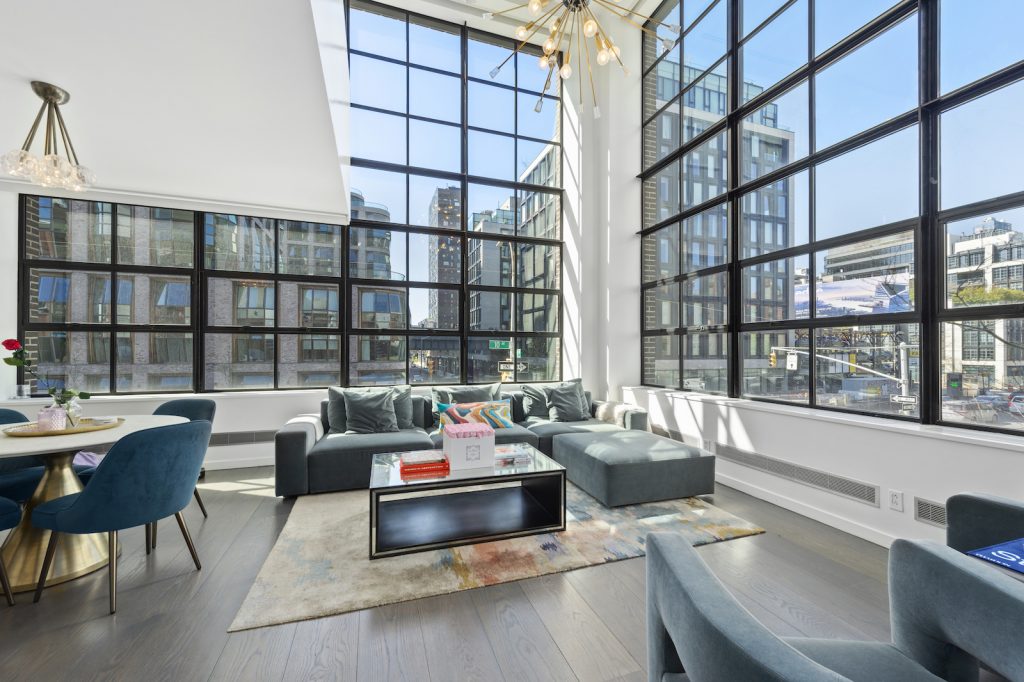
Never volunteer information or engage in unsolicited conversation except for basic cordial remarks and greetings: This is the building’s opportunity to get to know you and understand if you’ll be a good fit for the building; it’s not the time to make them feel like they are on trial. Michelle adds “I always tell my clients ‘less is more’ with co-op interviews. I tell buyers to act as though they are meeting their in-laws for the first time!” Don’t give the board ammunition to doubt your candidacy by volunteering extra information and asking unwanted questions. At the end of the day, they are simply looking for an easy addition to the building.
Common Co-op Board Interview Questions
Use your agent/broker as a resource to help you determine the interview format and prepare accordingly. No matter who is interviewing you, the co-op board is likely to ask you a myriad of questions, many of which will be personal in nature. They want insight into what kind of neighbor you will be. The best way for them to get what they want and for you to present yourself in the best possible light is to keep the answers concise.
Why are you interested in this building/neighborhood?
This is your chance to flatter the building and surrounding area. Pick out your favorite qualities and be sure to compliment the board for keeping the building in good shape.

New York City – Apr 10, 2021: View of Brownstone buildings in Harlem in Manhattan, New York City.
Why did you leave your previous job?
Board members are looking for stability. Naturally, financials are an important part of this process and it’s a common misconception that your current job and salary are the most important factors. The building will be interested in your entire job history as this is the easiest way to prove your steadiness. They don’t want to go through this entire process again in a year if you decide to move out. You can use jobs, apartments, and even relationships to prove that you will be a committed tenant. It’s a good idea to have a list of long-term personal and professional goals if they coincide with the idea of you staying put.
Are you planning to renovate?
If you are planning to renovate your apartment, now is not the time to bring it up. Renovations can cause noise, dust, and disruption to the building so it’s better to keep quiet about these potential plans until after you’ve been approved.
What are your hobbies?
The purpose of this interview is for the board to determine whether you have normal, non-disruptive (read: loud) hobbies. In this case, having a hobby like playing saxophone at midnight isn’t going to work in your favor. Board members are looking for tenants that will not stir up trouble or cause disruption to their neighbors.
Do you have a pet?
If you have a pet, boards may request to meet the animal to ensure it is not aggressive, obedient, and within the weight limits for the building. “Co-op boards are usually strict with pet guidelines such as weight, aggressive breeds, number of pets, and vet records. Be accurate and ready to answer” states Michelle Siegel.
If the pet in question is a dog, the board may introduce another dog to observe the interviewing dog’s response. They may also request reference letters for the dog. Pet interviews can sometimes be avoided by providing ample information upfront within the board application: obedience school certificates, vaccination cards, photos, vet references, pet sitter references, and height and weight records all serve to answer questions the board will likely have.
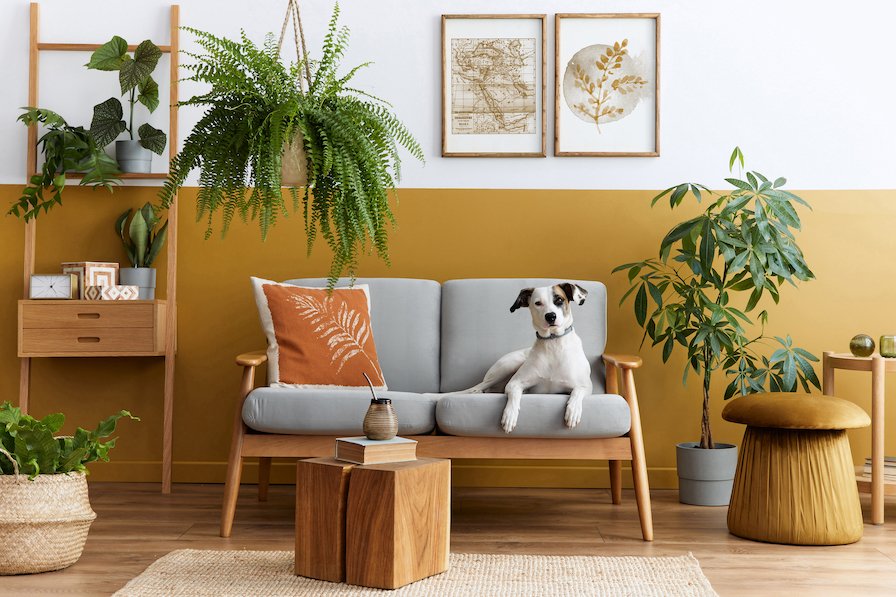
Stylish interior of living room with design furniture, gold pouf, plant, mock up poster frames, carpet, accessoreis and beautiful dog lying on the sofa in cozy home decor. Template.
Are you interested in serving on the board?
This is a weighted question. Although you might be interested in serving on the board, the people interviewing you aren’t looking to be replaced. It’s best to answer this question neutrally and say that you hadn’t thought about it, but would be happy to help out with anything the building needs.
Do you have any questions for us?
Ask questions carefully. Questions can often unintentionally convey negative information to the board. For example: “Do you have any plans to renovate the lobby?” is a seemingly innocent question that could easily offend the board member who was in charge of the last lobby renovation. If you have additional burning questions, you should direct them to your real estate agent/broker after the interview. If this question comes at the very end (which it likely will), take this time to reinforce your interest in the building and reiterate how lucky you’d be to live there. Do not expect a yes or no answer at the end of the meeting. Most boards do not give their decision until a day or two after the meeting.
How Do You Fail a Co-Op Board Interview?
In general, you fail a co-op interview by being unprepared, disagreeable, and financially unstable.
Board members are looking for polite, agreeable, easy-going tenants. So say how much you love the look of the building even if you think the façade needs updating. Avoid asking when the roof deck will be redone. Agree that quiet hours after 10 pm are a great idea when you are secretly a night owl. Not only are these people on the board, but they live in this building too and will be your neighbors. You want your relationship with them to start off on the right foot. And again, your agent/broker is here to help you! Use them as a sounding board for how to phrase your answers and the best way to answer a tough question. Agents and brokers have deep knowledge when it comes to boards and interviews so use them to your advantage and seal the deal!
That being said, most co-op boards care primarily about one thing: the financials. If you get to the point of being in the interview, you’re over 90% of the way there. This interview is the time for them to find reasons not to approve you, so don’t give them any! Be polite, be concise, and you just might be moving into your brand new home.
If you are looking for help navigating the complex co-op process – finding a unit, submitting your paperwork, and passing the interview – get in touch with one of our agents who can help.

